
Mike Malloy remembers Patrick McGoohan
Most movie-star hopefuls enter the entertainment industry knowing full well they will have to scratch and claw out a career for themselves in ways that compromise their previously held values. This is not to say they’ll necessarily cheat and backstab to make it in The Biz (it often comes to that), but they certainly won’t turn down precious advancement opportunities on moral grounds.
Recently deceased, thoughtful thesp Patrick McGoohan (“The Prisoner,” Ice Station Zebra, Braveheart, “Secret Agent”) found a different route to stardom, one that reflected his very principled beliefs. And because he made choices detrimental to his fame—he could’ve been 007, after all—and yet became an international film and TV star nonetheless, one would like to believe his was an irrepressible talent that shone through despite the actor’s lack of career-mindedness.
The eponymous role in Henrik Ibsen’s play Brand was considered the definitive role of McGoohan’s 1950s career. He played the part both on the London stage and, fortunately for posterity, for a BBC broadcast that has been released as a PAL DVD. It’s little wonder that the character—a priest who took his principles to new heights and extremes (“Unless you give all, you give nothing!”)—fit the actor like a glove; he was soon proving that he too lived according to a distinct personal code. Shortly thereafter, McGoohan declined the role of James Bond, reportedly citing moral objections.
McGoohan’s passing on the 007 part came as the franchise’s first feature—1962’s Dr. No—was being developed, and almost all accounts had him disliking the spy’s brutish use of force and sexual promiscuity. This version of events is certainly reinforced by examining McGoohan’s 1960s television breakthrough of “Danger Man” (which was actually two different British shows of the same name, the latter of which ran as “Secret Agent” stateside). McGoohan’s spy character, John Drake, was a more-brains-than-brawn agent who wasn’t seen to carry a gun or kill a man (although each episode had its requisite fistfight) and wasn’t caught bedding a woman onscreen.
Even if Drake was the sanitized version of Bond, McGoohan cut a suave, intelligent figure—and one with the ability to summon up a tremendously forceful dialogue delivery when needed (the American-born, Irish-raised actor perhaps possessed the small screen’s most intimidating bark of toughguyspeak). It was therefore little surprise that McGoohan was reportedly offered the Bond role again, sometime in the late ‘60s and/or early ‘70s (which certainly fits with the Connery-Lazenby-Connery tumult the film series was undergoing). A second refusal of 007 has even more significance, as McGoohan would have then certainly understood the extent of riches and fame he was forgoing (even if the Bond series was at its shakiest point, being terribly out of step with the era’s counterculture).
Instead of Bond, McGoohan launched another television project in the late ‘60s—this time of his own conception. In the 17-part mini-series “The Prisoner,” he not only starred but also occasionally directed and wrote (usually pseudonymously). Often described as “television’s first masterpiece,” the show boasted a plot—about a spy who tries to resign but who is instead whisked away to a secret island where a bizarre society tries to break his spirit and crack open his head full of espionage secrets—that functioned as a brilliant allegory exposing the dangers of conformity and group culture. Some of the episodes, including the absurd finale, were too nonsensical (it was the hippy-dippy late ‘60s, mind you), but the better ones rank right up with Ayn Rand in their power to promote the idea of individualism. McGoohan had used the Bond-fueled fluffy spy craze to create something of importance.
A bit of negative personal information regarding McGoohan came from the set of the 1979 Clint Eastwood vehicle Escape from Alcatraz, when the joke was born that McGoohan, who was boozing during production, couldn’t be doubled in a hand close-up, because director Don Siegel couldn’t find another actor who had the shakes that bad. It’s been suggested the actor was drinking to protect against the bitter cold, but we fans rationalize that any drinking resulted from the burden of genius of the man who created “The Prisoner.”
“Genius” is not a stretch, but “principled to the point of career injury” is rock-solid certain. Circa 1997, a fan-made Patrick McGoohan webshrine existed, containing reprints of rare interviews with the generally reclusive actor. Although your humble writer was then new to the Internet, he quickly zeroed in on the site and checked back regularly. Then one day in the late ‘90s, the site bore a message that it would cease to operate, as McGoohan himself had contacted the webmaster and requested the removal of all content. This was possibly another instance of McGoohan’s preference for privacy, but it’s not hard to imagine the actor having a disdain for idol worship of pop-cultural figures too.
On a more personal note, your writer got a phone call from McGoohan in 2002, in response to an interview request for an “almost 007” article—in fact, the only returned phone call received in connection with the piece. Sure, it could’ve been the sturdy Irish name of Mike Malloy that prompted McGoohan to phone (he declined to comment about “events that happened 40 years ago” but graciously accepted my nervous, short-of-breath praise of his career), but the actor didn’t have to bother with some journalist writing a spec piece. But he did, and it’s nice to imagine a returned phone call out of courtesy (and general obligation to one’s fellow man) was his standard operating procedure.
Maybe it’s just as well that he shuffled off this mortal coil earlier this week. Today’s world is such that a crass, shallow fame anthem like The Pussycat Dolls’ “When I Grow Up” can instruct tweens to aim at stardom for the spoils of “nice cars and groupies.” There’s little room for understanding a Patrick McGoohan, who acted because he excelled at the craft but who accepted projects with guidance from his personal convictions. And if AMC TV’s remake of “The Prisoner” serves ultimately to dilute the power of the original when it airs later this year, it’s best that Patrick McGoohan departs dearly now.



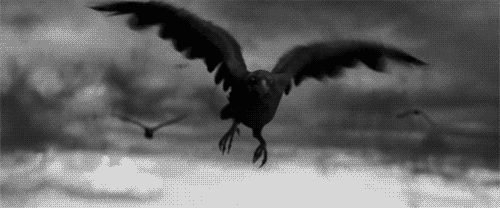
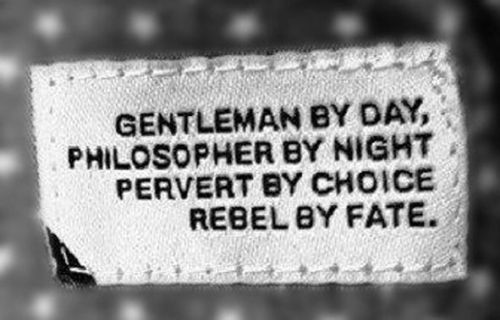

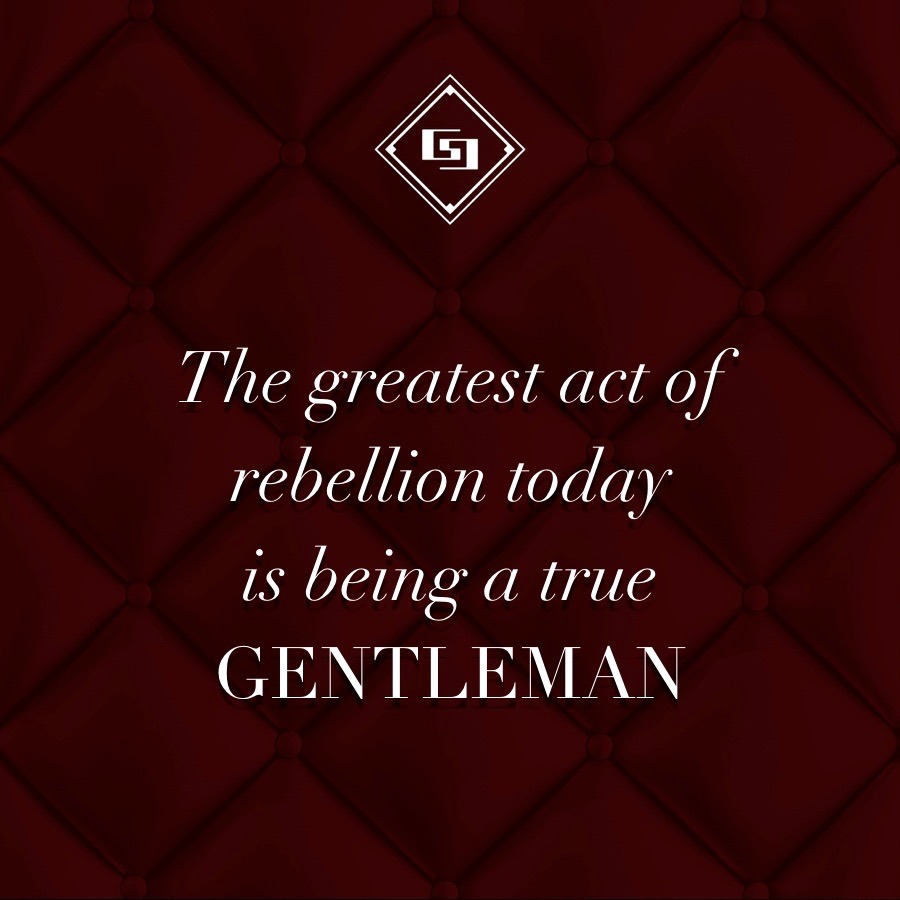

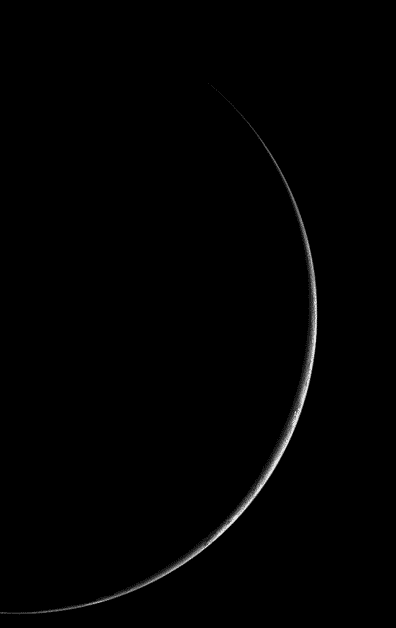








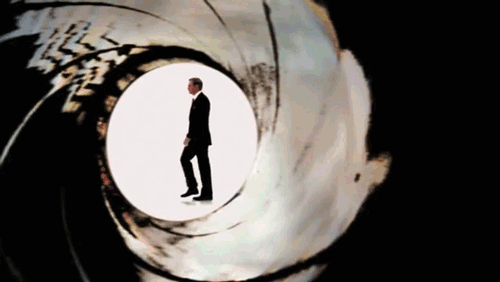


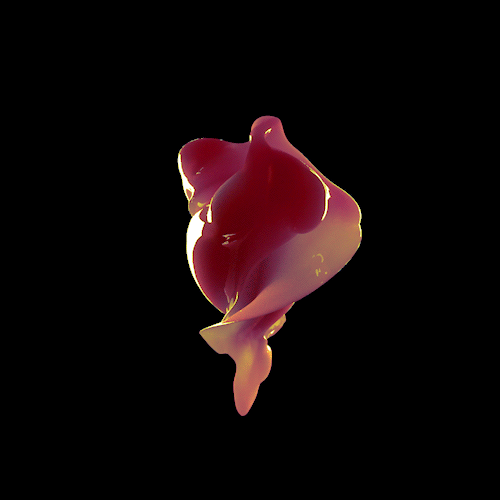


No comments:
Post a Comment